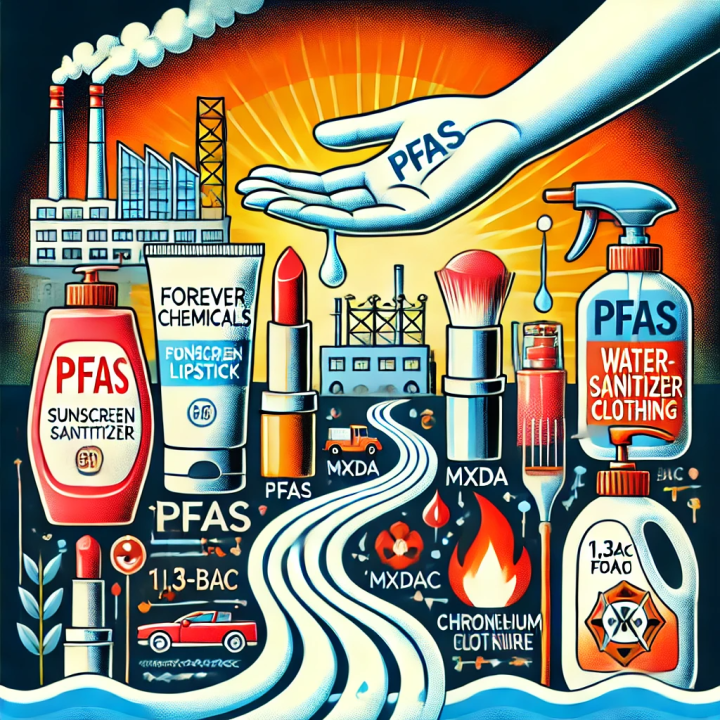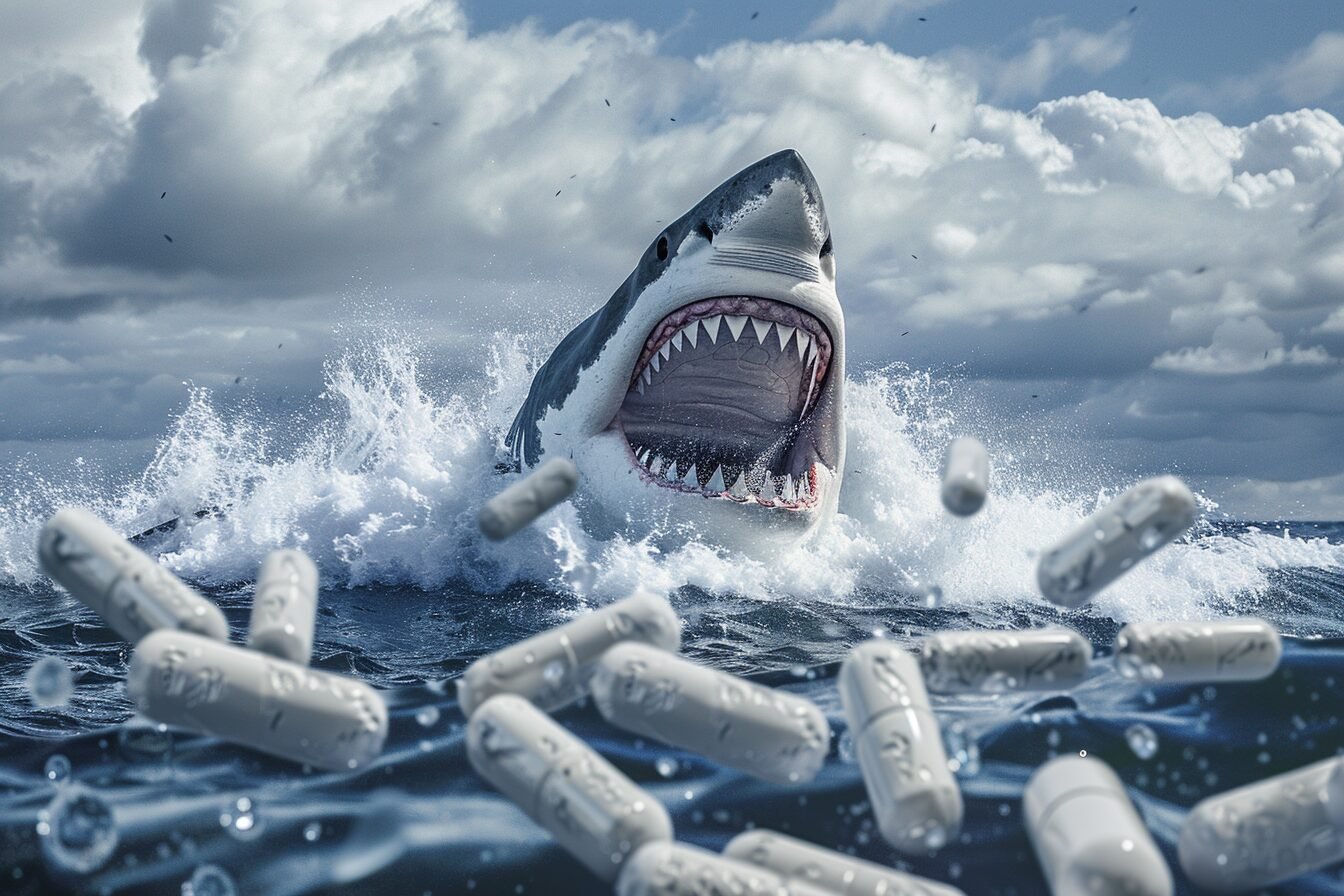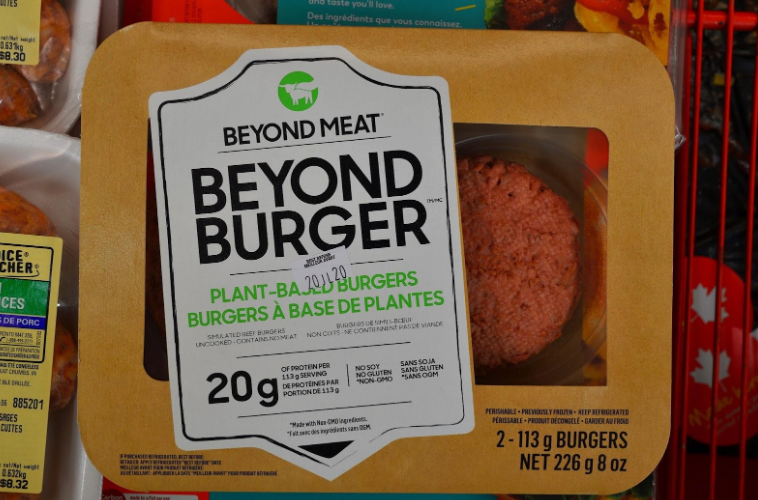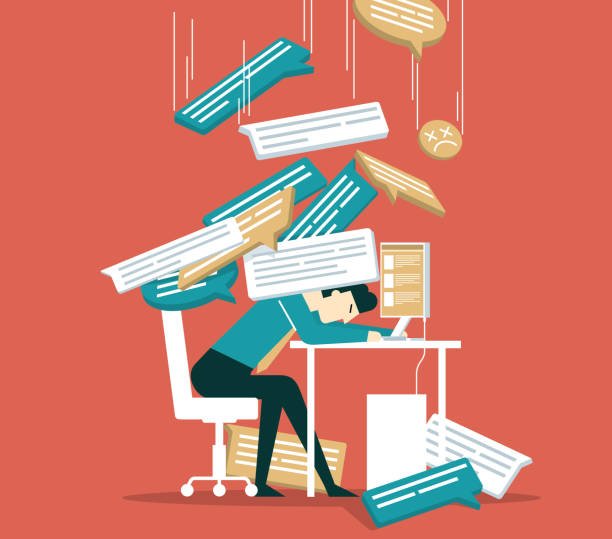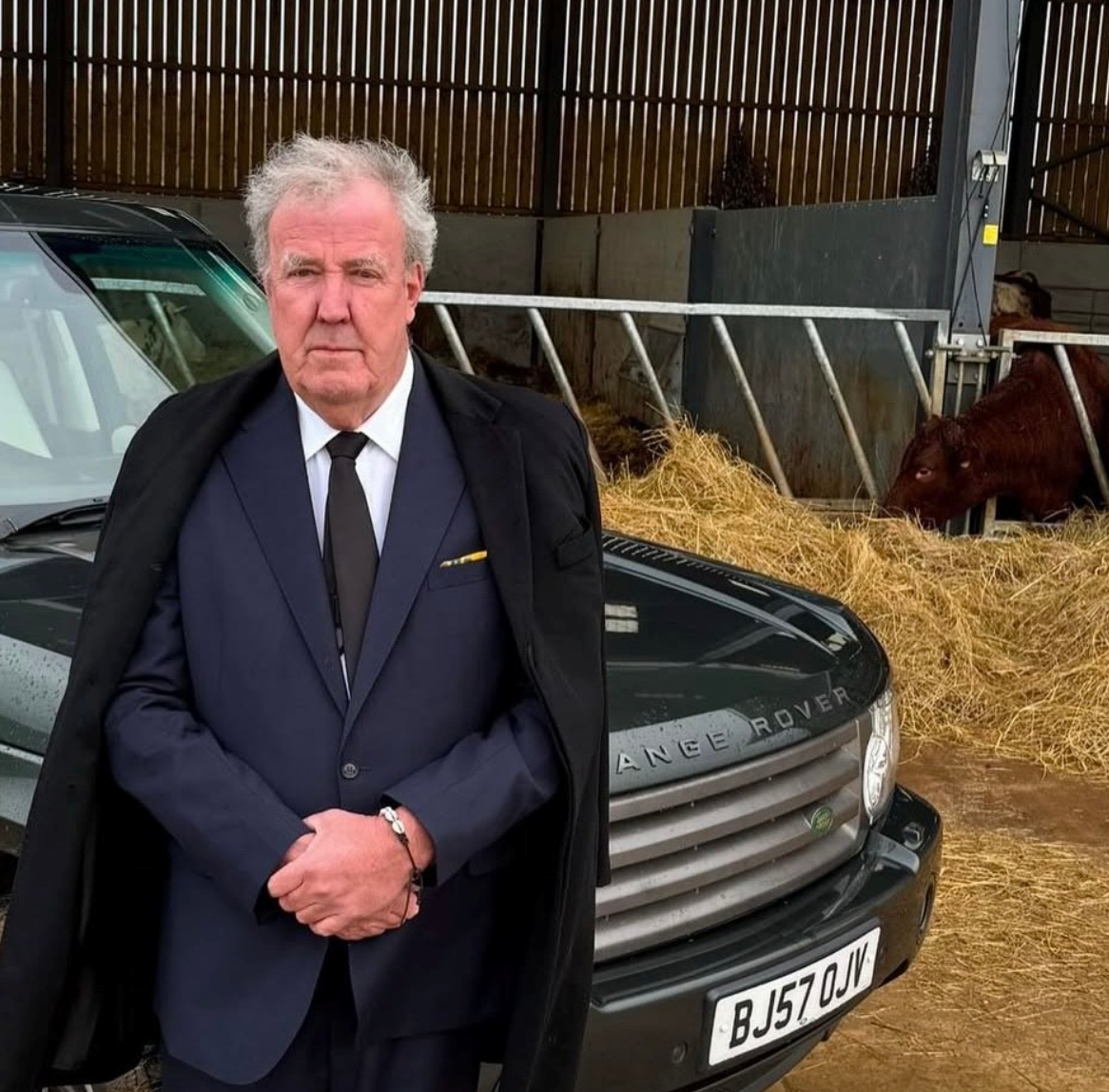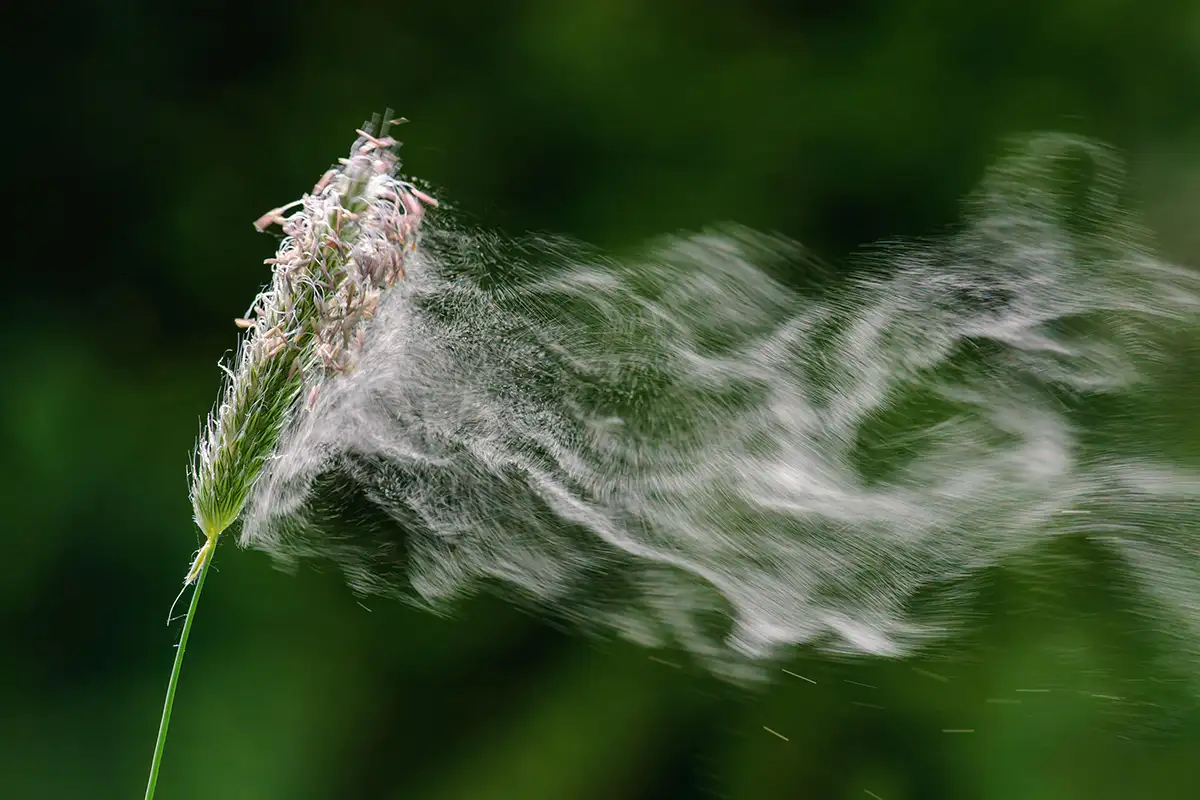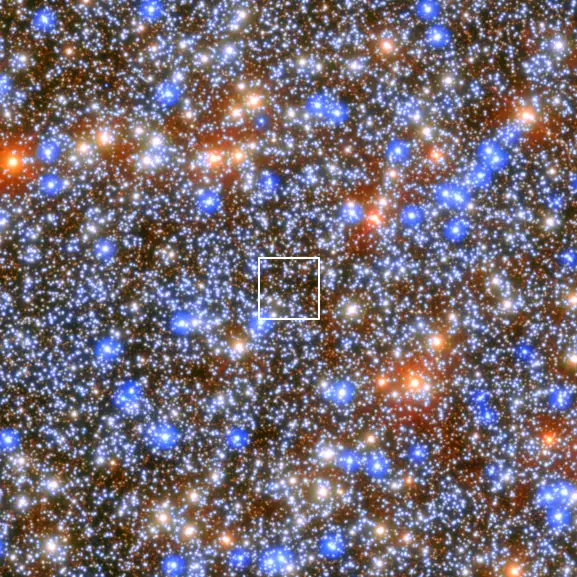You may have bought a drink recently and noticed something odd: the once removable cap is now tethered to the bottle by a small strip of plastic. An EU directive was enacted in July, requiring that all single-use bottles have caps that remain attached. This is one of several policies designed to limit the amount of plastic litter –… Continue reading Why plastic bottles now have their caps attached
Why plastic bottles now have their caps attached















